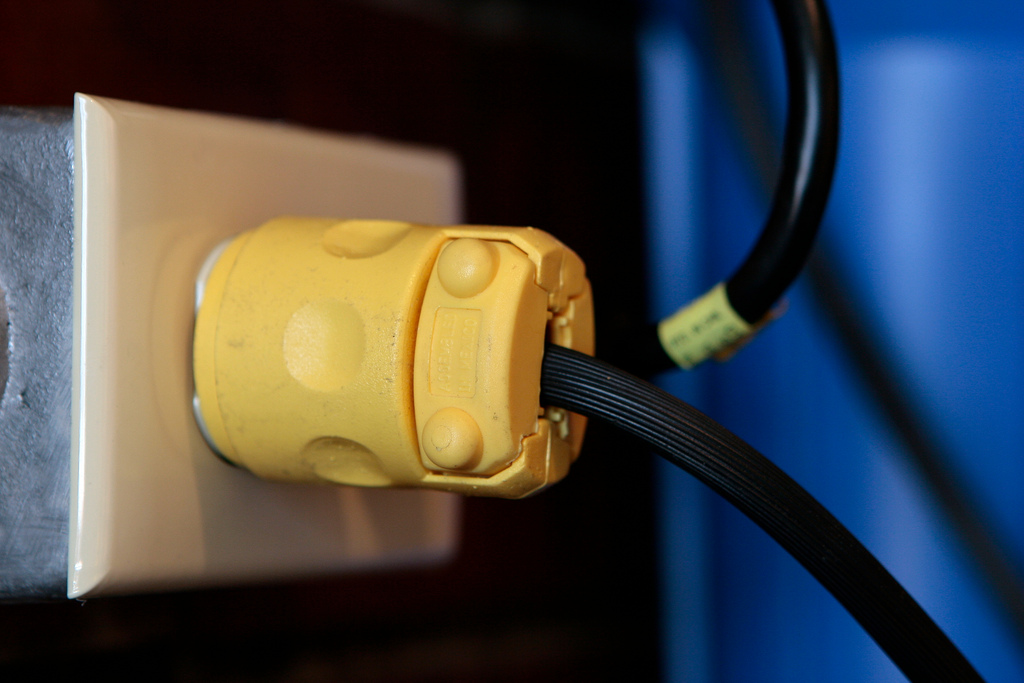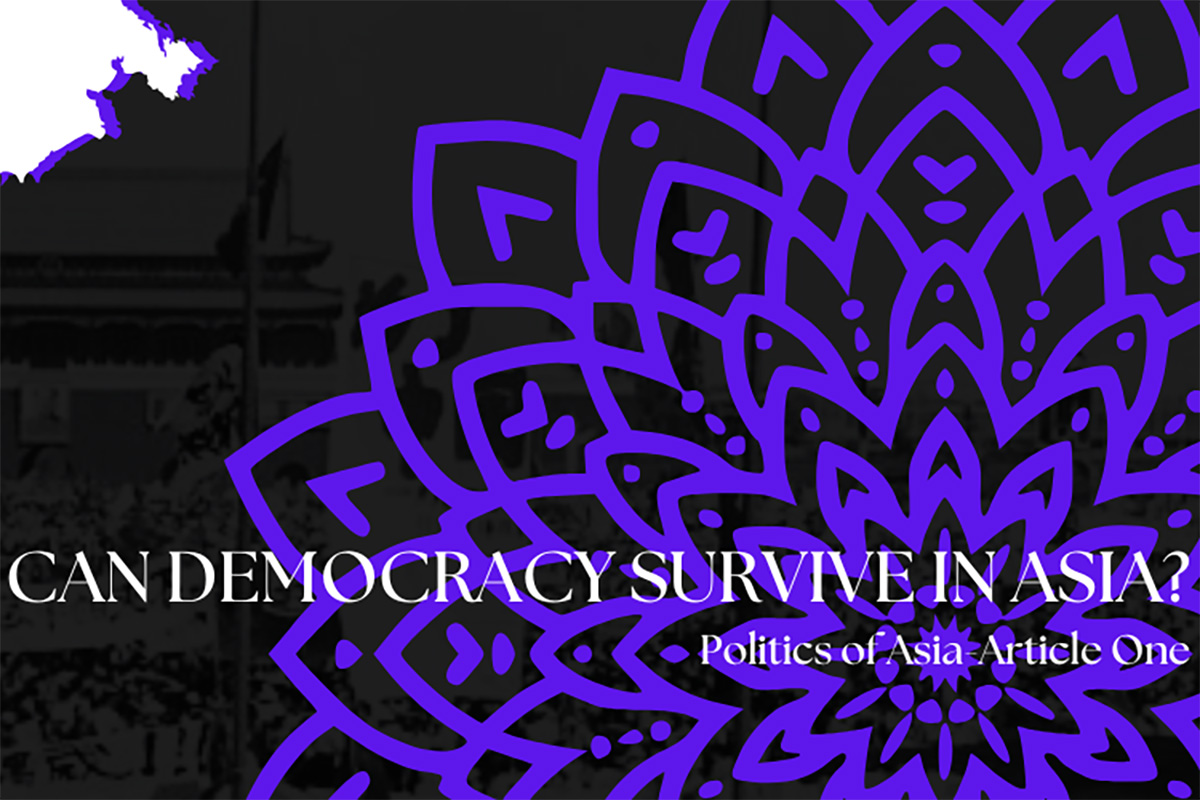“Electricity problem and the fate of Nigerians”
January 18An unreliable power supply is one of the biggest problems facing everyday Nigerians, writes Omeye Kenechukwu, 20, a Correspondent from Nigeria, who suggests solutions lie with government and citizens alike.
Since independence, the most populous black nation on earth has been faced with a problem that has dealt with her in every aspect of human development.
It has become a problem that Nigerians have taken as a permanent one, which has no solution or cure. It has been so bad that even children as young as two years old already know how bad the energy sector is, especially regarding electricity
Within the streets of major cities like Abuja, Lagos, Portharcourt, and Enugu, the harsh sounds of millions of generators working into the night is so troublesome that it feels as if it will reduce the life span of the average Nigerian, who has already worked tirelessly during the day.
The main question that is to be answered is about the fate of the citizens, as the same pressure will continue to worsen if nothing is done about it.
The poor electricity supply in the country has robbed many people their lives, as there are cases of hospital patients dying because of unstable power supply. There is a poor economy in the country as investors are in fear of incurring huge losses due to unstable electricity supply. It is difficult to move trade forward in the country due this particular issue. What certainly makes the matter worse is that Nigeria is very rich in renewable and non-renewable energy resources, and its one of the largest exporters of crude oil in the world.
The main problem, according to widely circulated reports, is linked with politics. There are many groups and hurdles within the power sector that prevent development, due to one selfish interest or the other. Notwithstanding those obstacles, the government is in control of legislation and should have done much to see that the problem is reduced to the minimal possible level. But what most Nigerians know about the problem is that it continues because of corruption that can be found in various quarters.
I really think that the federal government should do more about making good policies that will suit the problems at hand. It should also to make sure that when such policies are made they are implemented to the fullest.
The government should also endeavour to regulate the activities of the privately-owned electricity companies in order to improve their efficiencies. Also there should be high revenue allocation in the power sector, to ensure that efficiency is created and well maintained.
Individuals – the citizens – have a major role to play as well. The citizens should engage in protection of government property by reporting vandalism of electricity properties to the police stations or other bodies, as there have been cases of such acts. Also citizens should pay up their electricity bills, as it is not reasonable to fail to pay bills on time or at all, and still expect to have a constant electricity supply.
In conclusion, I am of the opinion that the problem of electricity in Nigeria lies mainly in the hands of the government and a little on the citizens. If drastic measures are not taken – and also most importantly not involving the youth and young ones in knowing more about energy development and sustainability – the fate of Nigerians will remain unchanged day after day.
photo credit: 120 VAC 60 Hz- via photopin (license)
…………………………………………………………………………………………………………………
About me: I am an undergraduate student studying geology at the University of Nigeria. My ambition in life has been a simple one that concentrates on how to make positive impact in Nigeria and the world at large – for example by ending corruption and putting effort into solving the energy issues facing our planet. I have strong interest in politics, sports and writing.
…………………………………………………………………………………………………………………
Opinions expressed in this article are those of the author and do not necessarily represent the views of the Commonwealth Youth Programme. Articles are published in a spirit of dialogue, respect and understanding. If you disagree, why not submit a response?
To learn more about becoming a Commonwealth Correspondent please visit: http://www.yourcommonwealth.org/submit-articles/commonwealthcorrespondents/
…………………………………………………………………………………………………………………







